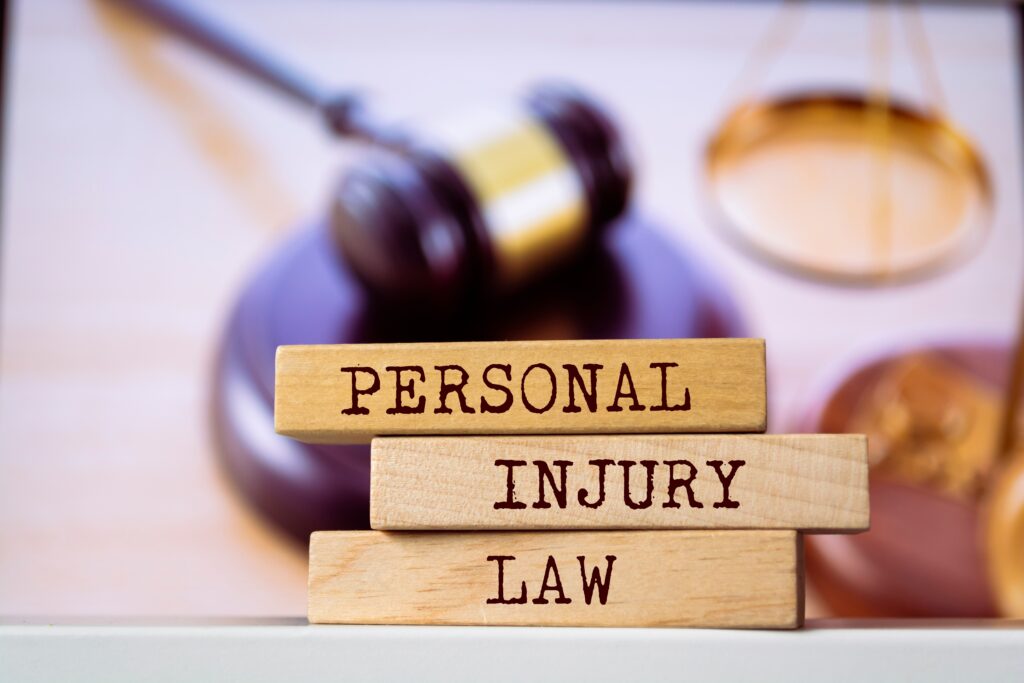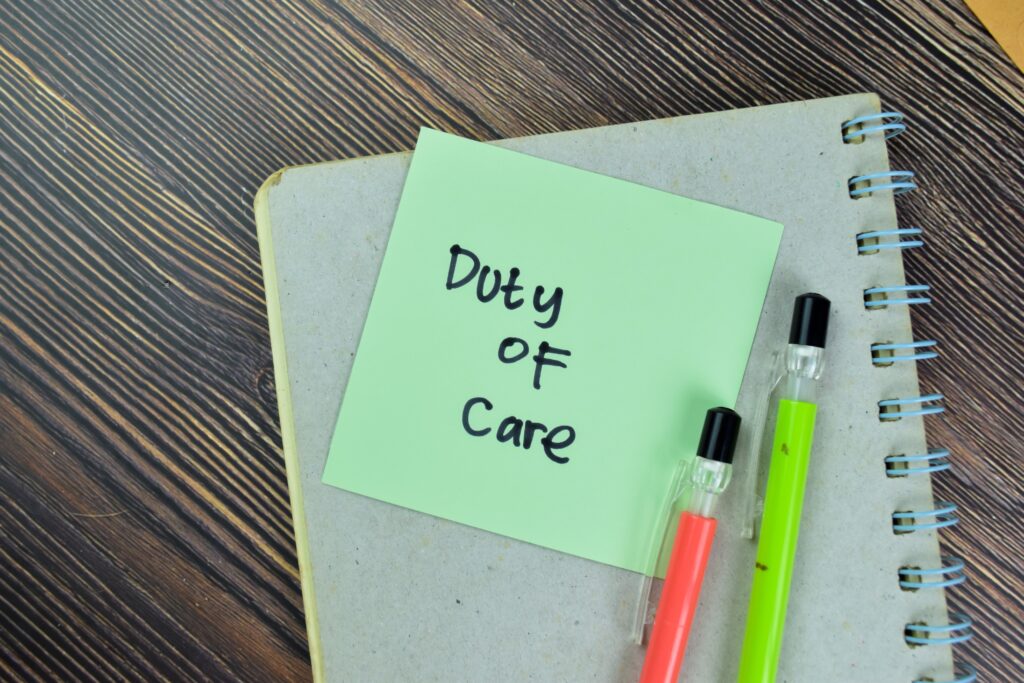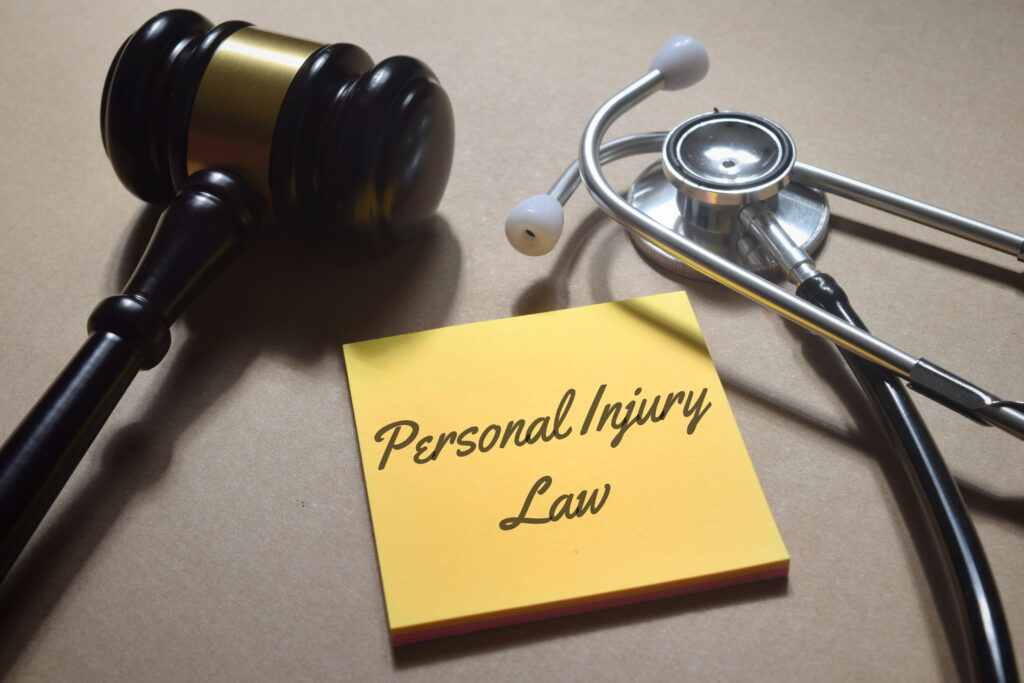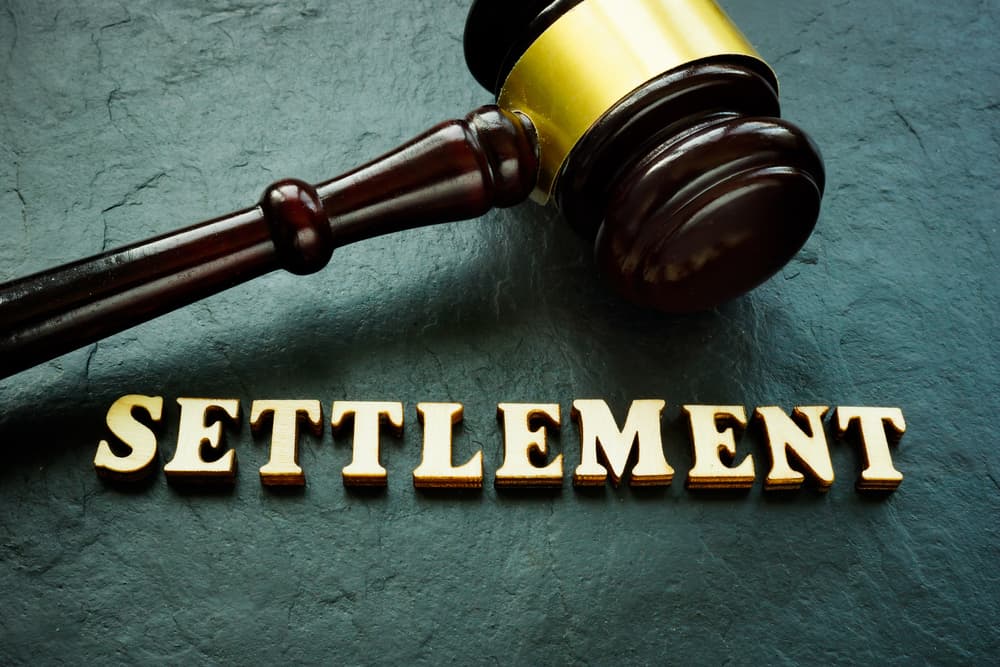Social media has become an integral part of our lives, allowing us to share and document various aspects of our daily activities. However, when it comes to personal injury cases, social media can complicate matters considerably. The posts, photos, and videos uploaded on social media platforms can often be used as evidence against the injured party.

These digital footprints can be used to challenge the severity of the injuries claimed, question the victim's credibility, or even attempt to place liability on the part of the plaintiff (injured party). The individuals involved in personal injury cases need to understand the potential impact of their social media presence and exercise caution when posting anything that may undermine their case.
If you or a loved one have sustained an injury and are pursuing a personal injury claim, it is important to seek legal advice from an experienced lawyer who can guide you through the complexities of your case and help protect your interests. Contact an Evanston personal injury attorney near you who practices personal injury law to ensure that your social media presence does not derail your case.
Schedule a Free Initial Consultation Today!
Evanston Personal Injury Guide
- What is a Personal Injury?
- How Does a Typical Personal Injury Case Work?
- The Elements of Negligence
- The Power of Social Media
- The Risks of Social Media
- Protecting Your Personal Injury Case on Social Media
- The Role of an Attorney in Your Personal Injury Case
- Contact an Experienced Personal Injury Attorney Today
What is a Personal Injury?
Before examining the impact of social media on personal injury cases, it's important first to understand what personal injury entails. A personal injury refers to any harm an individual suffers due to another person's negligence or intentional actions. This harm can be physical, emotional, or financial in nature. Personal injury cases are legal disputes that arise when one person suffers an injury or harm as a result of someone else's negligence. These cases often involve seeking compensation for damages such as medical expenses, lost income, pain and suffering, and other related costs.
Personal injury cases can arise out of various circumstances, such as:
- Motor vehicle accidents
- Slip and falls
- Dog bites
- Workplace accidents
- Construction accidents
- Defective products
How Does a Typical Personal Injury Case Work?
Personal injury cases generally follow a similar structure, although the specific details can vary depending on the circumstances. Here is a general overview of how a typical personal injury case works:
- Consultation and Investigation: The injured party consults with a personal injury attorney to discuss the details of their case. The attorney evaluates the viability of the case and determines if there are grounds for a lawsuit. The attorney may also investigate the incident further, gathering evidence and interviewing witnesses to strengthen the case.
- Filing a Complaint: If the lawyer determines that there is a valid personal injury claim, they will file a complaint in the appropriate court on behalf of the injured party. The complaint outlines the allegations against the responsible party and requests compensation for the damages suffered.
- Discovery: Both parties engage in the discovery process, where they exchange information and evidence related to the case. This includes medical records, witness statements, expert opinions, and other relevant documentation.
- Negotiation and Settlement: Before proceeding to trial, the lawyers may engage in negotiations to reach a settlement. This involves discussing potential settlement amounts and terms with the opposing party. If a fair settlement is reached, the case can be resolved without going to court.
- Trial: If a settlement cannot be reached, the case goes to trial. Both parties present their arguments and evidence before a judge or jury. The judge or jury then determines liability and decides on the appropriate compensation if the injured party is successful.
- Appeal: If either party is dissatisfied with the outcome of the trial, they may file an appeal, seeking review from a higher court. The appeals process can be lengthy and complex.
Individuals who are involved in a personal injury case should work closely with a personal injury lawyer who can guide them through each step of the process and protect their rights.
The Elements of Negligence
To establish liability in a personal injury case, the injured party must prove four elements of negligence. These elements serve as the foundation for any personal injury claim. Let's take a closer look at each element:

- Duty of Care: The injured party must establish that the defendant owed them a duty of care. This means that the defendant had a legal obligation to act reasonably and prevent harm from occurring. For instance, a motorist has the obligation to drive the speed limit.
- Breach of Duty: The injured party must show that the defendant breached their duty of care. This involves proving that the defendant failed to act reasonably or committed a negligent act that caused the injury.
- Causation: The injured party must establish a causal link between the defendant's breach of duty and the resulting harm. They must demonstrate that the defendant's actions directly caused their injuries.
- Damages: Finally, the injured party must provide evidence of the damages they have suffered due to the defendant's negligence. This can include medical bills, lost income, pain and suffering, and other related costs.
These four elements form the basis of a personal injury claim. It is important for individuals involved in a personal injury case to understand these elements and work with an experienced personal injury attorney to establish negligence effectively and seek compensation.
The Power of Social Media
In today's digital age, almost everyone has some form of social media presence. We use platforms such as Facebook, Instagram, Twitter, and LinkedIn to connect with friends, share experiences, and express ourselves. While social media can be an excellent tool for keeping in touch and networking, it can also have significant implications when it comes to personal injury cases.
Insurance companies and defense attorneys are well aware of the potential value of social media posts as evidence. They often scour the profiles of injured parties, looking for inconsistencies or evidence that can be used against them. Even seemingly harmless posts or photos can be twisted and presented in a way that undermines the victim's credibility.
The Risks of Social Media
When you are involved in a personal injury case, it is essential to understand the risks associated with social media. Here are some common risks to be aware of:
Contradicting Your Claims
One of the most significant risks of social media is contradicting the claims you have made in your personal injury case. For example, if you have reported severe pain and limited mobility due to your injury but then posted pictures of yourself engaging in physically demanding activities, it can be used to challenge the severity of your injuries.
Questioning Your Credibility
Social media posts can also be used to question your overall credibility as a witness. Defense attorneys may search for posts that contradict your character or values. For example, suppose you claim to be a responsible and law-abiding citizen, but your social media is filled with posts of reckless behavior. In that case, it can damage your credibility in the eyes of the court.
Surveillance and Monitoring
Insurance companies and defense attorneys sometimes hire private investigators to monitor the social media activity of injured parties. They may be looking for evidence that contradicts your claims or shows you engaging in activities that can be seen as evidence of malingering or exaggerating your injuries.
Communication with Others Involved in the Case
Another risk is communicating with others involved in the case through social media. Injured parties may unknowingly provide information to the other party or their insurance company, which can harm their case. Even innocent conversations and discussions about the case can be used against you.
Privacy Settings Are Not Foolproof
Many people assume that their social media accounts are private because they have adjusted the privacy settings. However, it is important to understand that nothing posted online is truly private. Even with the strictest privacy settings, there is still a risk of your posts being discovered and used against you. It is better to err on the side of caution and refrain from posting anything related to your personal injury case until it is entirely resolved.
Evidence for the Opposing Party
Insurance companies and defense attorneys will meticulously analyze your social media activity to find any evidence that can be used against you. They may look for posts, photos, or videos that can be potentially twisted or taken out of context to weaken your case. For example, if you claim that your back injury prevents you from engaging in physical activities but then post pictures of yourself participating in a sports event, it can undermine your credibility and the severity of your injuries.
Protecting Your Personal Injury Case on Social Media
While social media can be a potential minefield in a personal injury case, there are steps you can take to protect yourself and your claim:

Be Mindful of What You Post
The first and most critical step is to be mindful of what you post on social media. Assume that anything you post can and will be used against you. Avoid posting anything that contradicts your injury claims, or that can be interpreted in a negative light. Even innocent photos or comments can be misconstrued, so it is best to err on the side of caution.
Adjust Your Privacy Settings
Review and adjust your privacy settings on social media platforms to ensure that only trusted friends and family can view your posts. While this may not provide complete protection, it can limit the exposure of your personal information and posts to the public.
Think Twice Before Accepting Friend Requests
Be cautious about accepting friend requests or connecting with unfamiliar individuals on social media. Insurance companies, private investigators, and defense attorneys may create fake profiles to gain access to your posts and gather evidence against you. They may even try to send friend requests to your friends in an attempt to get you to trust their profile so you accept their friend or follow request. Be sure to stick to connecting with people you know and trust.
Be Mindful of Tagged Photos
While you may have control over the content you post, others may tag you in photos or videos that can potentially harm your case. Regularly monitor your tagged photos and untag yourself from any content that may be detrimental to your case.
Avoid Discussing Your Case Publicly
Refrain from discussing the details of your personal injury case on social media. Even seemingly harmless discussions can be used against you. If you want to share updates or seek support, do so privately with a select group of trusted friends and family members.
Consult with Your Attorney
Consult with your personal injury attorney before posting anything on social media. They can provide specific guidance based on the details of your case. Your lawyer’s experience and knowledge can help you navigate the potential pitfalls of social media and protect your interests.
The Role of an Attorney in Your Personal Injury Case
Retaining an attorney who focuses on personal injury law is essential for the success of your case. While social media can present challenges, a personal injury lawyer can help you every step of the way and protect your interests throughout the legal process.
A personal injury attorney can:
- Provide legal advice and guidance tailored to your specific case
- Gather evidence and build a strong case on your behalf
- Handle communication and negotiations with insurance companies
- Advocate for your rights and pursue maximum compensation for your injuries
- Represent your interests in court, if necessary
Contact an Experienced Personal Injury Attorney Today
To protect your personal injury case, it is vital to exercise caution when posting on social media and seek legal advice from an experienced attorney. Your personal injury attorney can guide you through the ins and outs of your case and help you avoid the potential pitfalls of social media. If you or a loved one have suffered an injury and are pursuing a personal injury claim, don't let social media derail your case. Contact a seasoned personal injury lawyer near you to ensure your rights are protected. Remember that social media jeopardizes your chances of receiving the compensation you deserve. Don’t delay, take action today and protect your rights.



